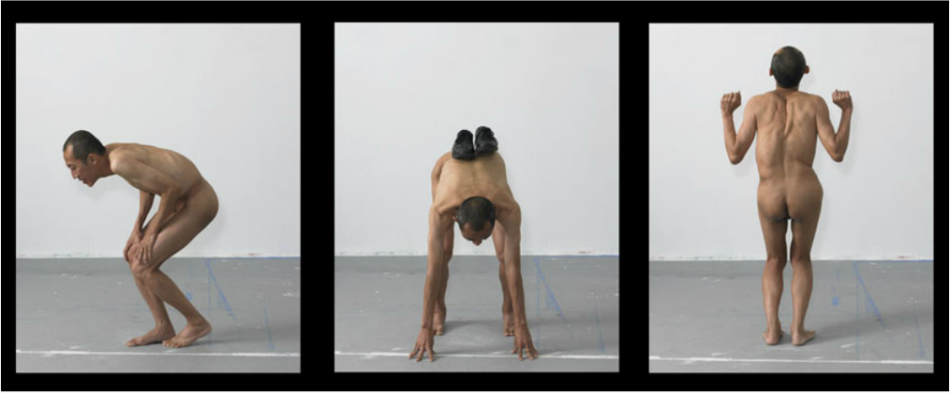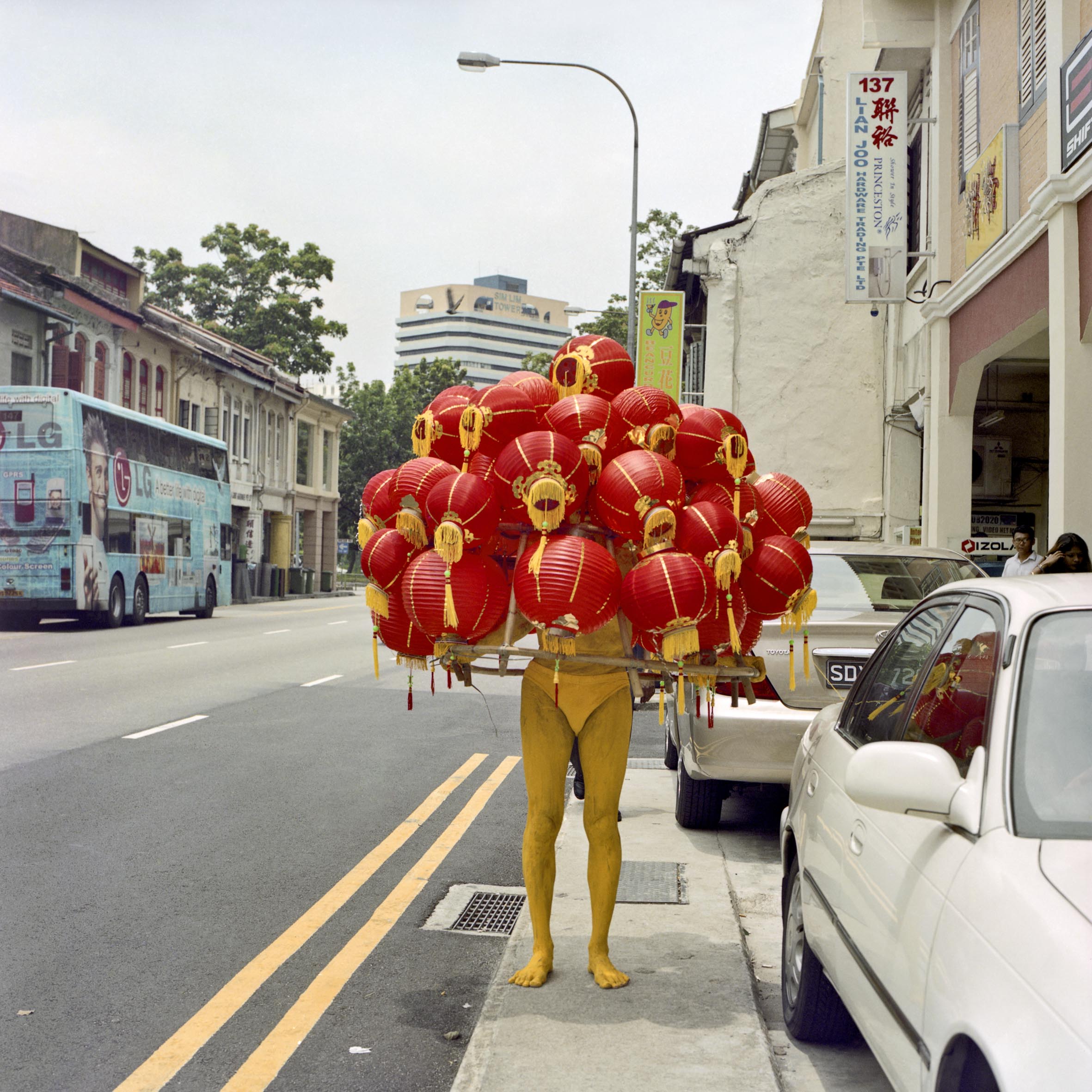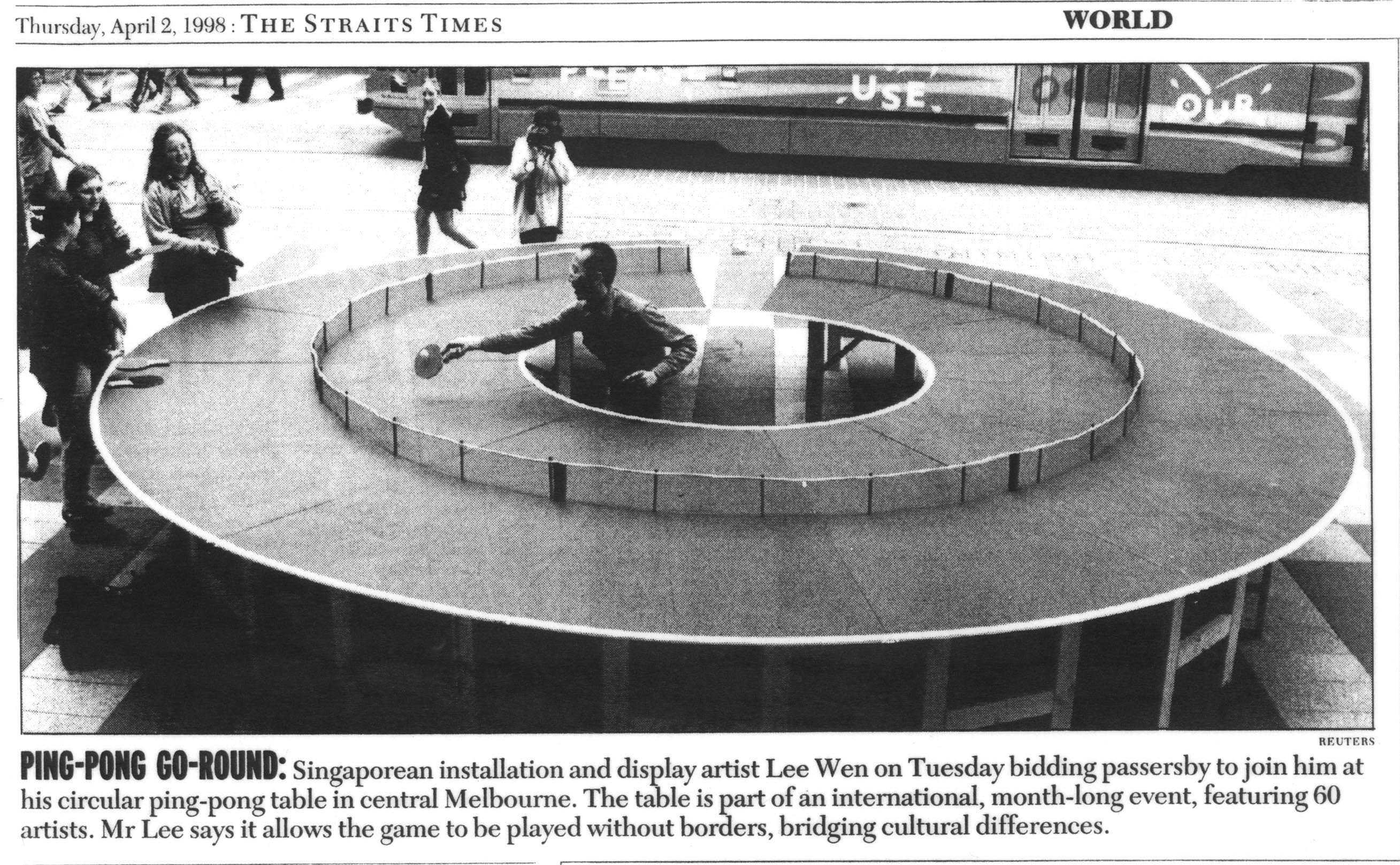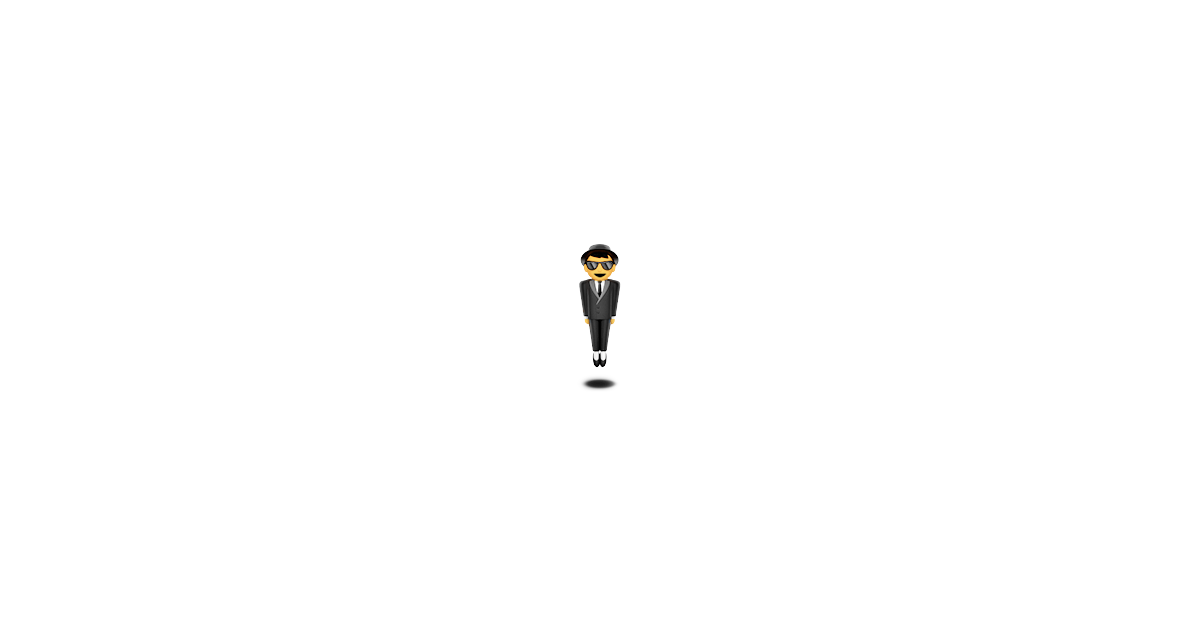What does it mean to truly take some time off, when you are your own project? When your name is your brand and your face is your logo? When self-care is facility maintenance, when self-improvement is a service upgrade? It’s only been two days since I got home from my month of travel. Upon arriving, showering, unpacking, cooking my own meal, spending time with Lovely, and nesting a bit, I find myself restless again. Maybe that’s actually the word – rest-less. Since when did having so much to do become a thing of envy? I find moments of relaxation often enough to feel guilty about it. But has even rest been marketed to me in a certain way? After sitting at the beach for long enough, having a couple of drinks, watching the waves, how long can I go before the anxiety of leaving the world behind eclipses my relaxation? What if the thought of doing absolutely nothing actually feels super-stressful? Perhaps what I’m desiring is not laziness, but agency. Or maybe I need to be more appreciative of what control I already have over my life. Maybe I need to learn how to stay driven without constantly desiring more. Or maybe I need more sleep.
Month: March 2019
All You Can Eat
Whoever came up with the all-you-can-eat buffet is a genius. They managed to tap into a deep part of the human psyche where we allow ourselves to live a myth that we’re getting over, even though it’s very much the opposite. We go knowing that the business model must be the case such that most people eat less than the value of the entry cost, but one of those people won’t be us. We each think that we have some sort of strategy – only eating the crab, leaving out the carbs, sitting around long enough to digest for seconds. I used to love going to Hometown Buffet. It was a day-long event of fasting throughout the morning, showing up famished, and then proceeding to gorge like never before. What suckers me into buffets is the sheer variety. I stack my plates like a Noah’s arc of delicacies. Suddenly, in my mind I can totally eat two slices of pizza, six California rolls, a pork chop, two biscuits, and a salad. No mind that in any other sane circumstance, each of those would be a proper centerpiece for a meal of its own. At buffets, eating becomes less of a form of sustenance, and more like a grab-all.
I’m writing this right now in my room, between waking and slumber states. I woke up at 4am, severely jetlagged from landing back from Australia not long ago. I enjoyed every moment of my trip, and at the same time am now running on fumes. The idea of traveling again in two weeks exhausts me even when thinking of it, yet at the same time I’m so excited for the trips ahead. Such are the moments when people feel compelled to say “so little time,” but really I think I do have the time, just perhaps less energy than I’d hope. Maybe I’m sprinting when I should be power-walking. For as long as I can remember, I’ve been treating life like an all-you-can-eat buffet, filling myself to the brim with so many experiences that I hardly have a chance to digest. To masticate every moment rather than piling it all in. How to slow it all down without giving things up? Maybe it’s a practice in relinquishing urgency. Perhaps that’s the real lesson to be learned from a buffet – it’s okay to sit out on a few courses…they’ll always keep refilling it.
Not About You.
I was sitting in an Auckland park admiring the trees when the story broke about the massacre in the mosques at Christchurch just south of the country. “The last place we expected something like this was here,” my Uber driver sighed. The silence that followed read like a madlib for where the first place would be. I know where that place is, because it’s where I left my shock behind long ago. Witnessing it from the people around me felt like a childhood memory, like an old school deep cut.
When people learned I’m from the states, they responded with a baffled expression that seemed to say, Then what do you normally do? I texted my family, and when my mom asked if I’ll be coming home early, I resisted explaining why that wouldn’t necessarily be a commute to safety. I scrolled through my feeds and saw all the people making it about them. I resisted making it about me. I thought about the Muslim community of Christchurch, and how nobody there wanted the day to be about them. Not in this way. I thought about all the non-Muslims who will feel compelled to bring it up whenever they encounter a Muslim, to ask if they’re okay. Like as if it isn’t about them, too. I felt the sacredness of anonymity.
I thought about how the word Islamophobia will now be increasingly incorporated into programs, initiatives, and the general lexicon of New Zealand life. I read the quote from the Prime Minister, who declared that those people have no place here, but these people do. I read the quote from the perpetrators, who declared that those people have no place here, but these people do. I thought about how Christchurch is no longer just the name of a city, but shorthand for a tragedy. I thought about earthquakes, and aftershocks.
I thought about humans, and how we kill things. I thought about humans, and how we survive. I thought, what if we defined ourselves by one, but not the other? Then what?
On Civility
What does it mean to be civil in times like these? How does civility adapt when it steps into unfamiliar borders? Does civility cut others off without using the blinker? Does civility leave a tip even if all the bartender did was twist off a cap? How does civility feel about avocado toast? Does civility get pissed off, harbor resentment, or both? Does civility have a Finsta? Does civility always bring a small bottle of hand sanitizer everywhere it goes? Does civility say fuck, but with a British accent? If R. Kelly’s “I Believe I Can Fly” comes up on random, does civility skip the track? Has civility seen Saw IV? Has civility ever killed and cleaned a goat? A chicken? Does civility use chopsticks at Thai restaurants? Does civility swat mosquitoes? Bees? Does civility compost? Does civility shop at Sam’s Club but not Walmart? Does civility feel guilty about the quinoa crisis? Is civility using someone else’s Netflix account? Has civility ever cat-called someone? Does civility say fuck, but with a Bed-Stuy accent? If civil war strikes, does civility wear medals for marksmanship, or does it throw rocks while wearing a fake Tommy Hilfiger t-shirt? Does civility line up for the new Yeezys? Does civility tithe ten percent of its income before or after taxes? Has civility gone cashless? Does civility know how to earn flight status for free seat upgrades? Does civility not do shots except if it’s their brother’s wedding? When defining humanity, does civility mention the foodchain? Has civility read Homo Deus, Yuval Noah Harari’s sequel to the NYTimes bestseller Sapiens? Does civility mansplain? Does civility manspread? Does civility even know what manspreading and Finstas are?
Just to survive
That feeling when you haven’t eaten a home-cooked meal for days, for weeks. It’s not that you haven’t had meals, good meals. It’s not that you haven’t left the table with your belly full, perhaps even thoroughly enjoyed it. But you know these onions didn’t chop themselves. You know that in most kitchens, food is not handled in latex gloves and white aprons. Tables do not end in checks. You realize that food is not just sustenance, not just something that keeps you going, but a moment where you are reminded of who you are. You chew, you swallow, you digest, you are nourished, you transform. Eating at home is a way of becoming, as is eating as a stranger.
That feeling when you haven’t written something for yourself for days, for weeks. It’s not that you haven’t things, good things. It’s not that you haven’t completed a full day’s work, perhaps even thoroughly enjoyed it. But you can’t make an email prose, you can’t make a memo poetry. You can tell yourself you can, but that’s like calling a restaurant home cooking. It’s just not. Good literature does not end in automatic signatures. A fulfilling session of polishing sentences down is not marked by the sound effect of a jet taking off, projecting from your laptop speakers. You realize that writing is not just work, not just something that gets you from point A to point B, but a moment where you are reminded of who you are. You sit, you process, you write, you reflect, you transform.
This past week I’ve been guilty of doing that thing where you substitute your commitment to writing with tasks that involve words. I’ll just treat this cover letter as my journal entry, I tell myself. But if I actually sat down to write with freedom that day, I would have told myself that that is a terrible idea. Not everything can be a means to an end. This is a fact that is especially difficult to accept on the days when it feels like there’s not enough time, the ones where I’m tempted to toss out all the daily rituals that are supposed to remind me that there’s always time. It becomes a cycle of malnourishment, like skipping lunch, like not drinking water, like losing sleep, in order to just “survive.” I’m seeking an escape from the guilt of writing so much about how I need to carve space to write – I would like to feel less like I’m playing a broken record and more like I’m repeating a mantra. Writing like this takes up so much time in the morning, it’s hardly possible to do it everyday. But it does make a difference, when the first words I make are not a transaction. It is a true gathering of myself, a moment of being collected. Whether it makes me productive for the rest of today should be an afterthought.
Recalling Lee Wen
I did not have a typical introduction to Singapore. I will tell this tale again, though my friends there have probably heard it enough times – it is my Southeast Asian version of Jude Law’s Shania Twain story from I Heart Huckabees. In this situation, Lee Wen is my Shania.

It begins with a rooster, the last sound I would’ve ever expected to awaken me in Singapore. It was 2015, and I had not yet discovered the criticality of earplugs. Late the night before, I had arrived in an Airbnb, dropped off by a taxi driver who insisted on cash. There was no hot water. And now I couldn’t sleep, because there was a rooster that wouldn’t fucking shut up.

I soon learned that I was waking up to the Narnia of Singapore. My room was actually situated in the Independent Archive, and my roommate was none other than Lee Wen, who I soon learned to be an artist bigger than life, bigger than nation. Like the rooster, he was not what we from afar expect from Singapore – loud, obtrusive, walks around the henhouse like he owns the place. The first thing anyone would notice about him is his shape – his spine was arched forward like a rainbow, or a drain pipe. He walked in a way that could only be described as a “confident waddle” – like he had a chip on his shoulder, if the chip was the weight of a city-state. His hair was a messy gray and frayed. It swayed around like a wrung-out mop, especially when he pointed his lanky fingers upward to make a point. His eyes were a round pair of magic 8 balls, pupils glaring sharply like they were always seeing past a fog.
ArrayWhen most people think of Singapore, they think of the robotic architecture, Jetson-like amenities, the crazy-richness of it. But I think of this man. To even describe him as “dissident artist” is too limiting, perhaps even contradictory. He brought artists together, offered a template for vision that looked beyond material or mechanical aspiration. Singapore is the kind of place where you see so much crazy shit that normality begins to seem like a resistance, and Lee Wen resisted. In a document I found in my phone called Things Lee Wen Told Me, I was disappointed to find only the words “Radical shit vs radical chic” (I’m a horrible note-taker) But it unlocks so much of what I learned from him not only about Singapore, but what how the world steers the direction of change, for better or worse. How he had become accustomed to receiving runner-up awards, because his brand of commentary was too noticeable for a country so polite to simply shut down – better to give artists like him a cookie and then move the spotlight to someone more amenable. At some point I also recall him letting out a loud, long, rupturing fart while talking, and nobody else batting an eye even though it was impossible for anyone to have not noticed it. He just commanded that kind of respect.

The other line I took down, “Can’t balance with 1 foot on 2 boats,” is something that four years later I can hardly recall its meaning, but it does remind me of how he envisioned leaving Singapore one day, even though the way he said it wasn’t so convincing. He spoke so freely of his decaying health and the limitations of his mortality, a nihilism that was sharper than what he seemed willing to project onto Singapore.

Lee Wen died today. I learned about it over a text, while preparing for a project slated to open in Singapore the end of his year. The last few times I visited, he was too sick to be seen, or maybe it’s that I was too busy, or too distracted. Of course I entertained the idea of Lee being well enough to see the show, even though I knew chances were slim. But every moment I spend there is colored by the perspective he gifted me when I entered the country through his door. I think of him especially when I’m with Gerald, the artist who he lived with at the time, and who was responsible for setting up that fateful housing post that brought us all together. I remember sitting with him as he made his declarations, Gerald at the side, surely hearing whatever story was being uttered for the nth time. But some stories you just never get tired of hearing. Some stories should never stop being told.

The little things
There is so much that’s said about the little things. When they’re good, they’re what makes life. They are the common characters in quotes of the wise – that if you focus on the details, the day-by-day, the easily-overlooked – that they will accumulate into a life of true purpose and contentment. But if the things are bad, the same common wisdom says – fuck em. Don’t sweat the small stuff. The petty. The minutia is suddenly your Achilles heel, what keeps you from focusing on the bigger picture.
So how am I supposed to tell the difference between the good little things that are supposed to be the spice of my life, and the bad little things, which I’m supposed to ignore or else die of a thousand papercuts? I ask this because I spend a good portion of my meditation on the smallest of things. Today, it was how we’re going to get rid of our futon when we move. I opened my eyes without a solution to my quandary, but I did pick up the guilt of all the heavy ills of the world that I won’t spend even a fraction of a moment thinking about.
I realize that, despite all of our intelligence, humans are still pretty bad at seeing things at scale. I can tell that the tiny building is actually just distant, but when a meaningless task has a deadline quickly approaching, it can suddenly seem gigantic. I can’t remember most of the things that I’ve lost sleep over. Yet, there continues to be vast, existential things that I feel that I could, should spend more time investigating.
Regardless of whether all these little things are assigned with positive or negative meaning, what we all seem to agree on is that they can ultimately build to something of great consequence. Abstract but ubiquitous notions like wasting time and make it all count come to mind – they all point to this looming consequence of being on one’s deathbed and concluding that life was squandered.
There’s no doubt that I’ve spent loads (if not the majority) of my time on things of zero consequence or impact, whether good or bad. The number of shitty shows I’ve watched, the crushes I obsessed over but can’t remember the names of, the assignments and tasks that I stayed up late mulling over only to forget them once delivered. And all the posts…so many posts. But maybe the point is to not get marred down in assigning value to it all, to be in awe that, after all the little things, we still are able to scrape together the remaining time and energy to have blips of epicness. The big things that we each only have room for a few of.


